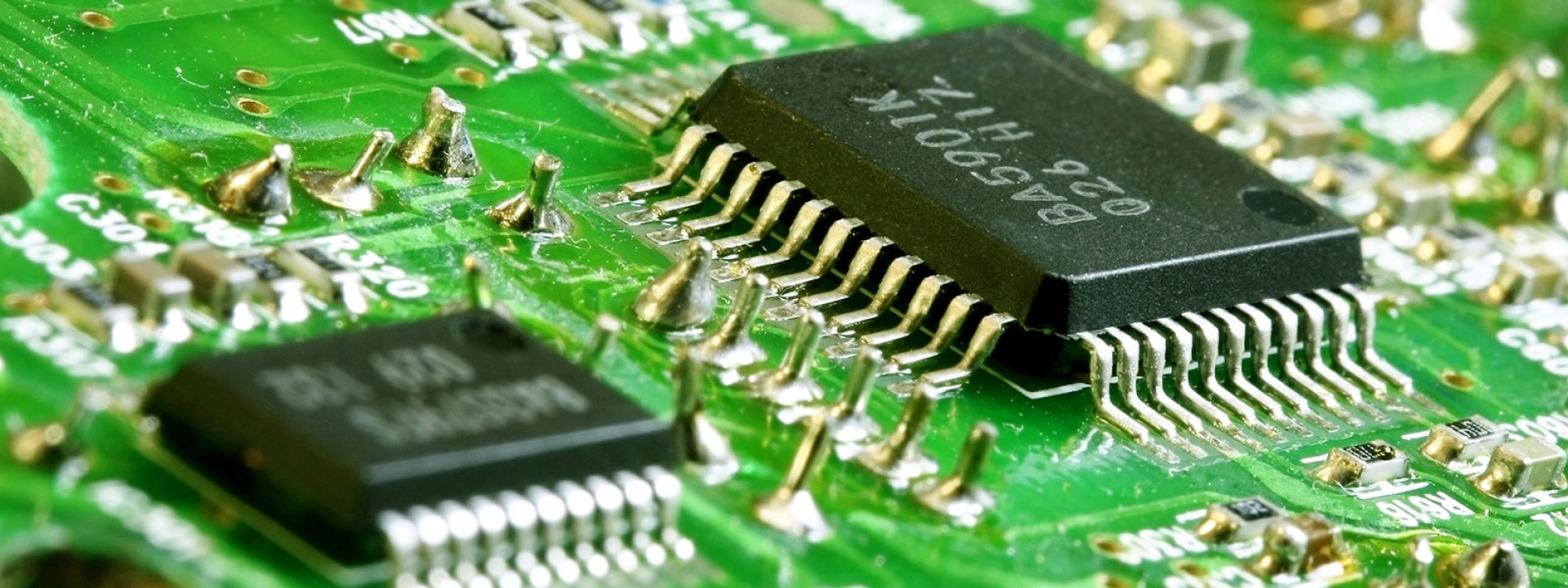News & Events
The AI Chip Center for Emerging Smart Systems (ACCESS) founded by the Hong Kong University of Science and Technology (HKUST) convened a press conference on the 30th of November to share the vision of fostering a semi-open R&D platform bridging the gap between the semiconductor industry and the academics while helping develop transnational talents to meet the huge demand of the market.
ACCESS's research work is now supervised by 36 top academics, with over 100 researchers from at least 5 participating universities, including Stanford University, the University of Hong Kong, and the Chinese University of Hong Kong, the University of Illinois, Urbana Champaign (UIUC) and HKUST. The team will continue to expand, with an aim to recruit and maintain a full-time Center-based research force of 60 to 80 members with initial funding of HK$443.9 million from the Hong Kong government's InnoHK Clusters initiative, according to the press release.
"ACCESS is unique on multiple fronts. Its integrated research, development agenda, and execution plan effectively close the 'Valley of Death' gap between scientific research and deployment of results for impact," Prof. Tim Cheng, HKUST's Dean of Engineering, founding director of ACCESS, and an internationally leading researcher in the fields of Electronic Design Automation (EDA) said in the press conference.
Cheng expressed the ambitious goal of seeking to create AI chips that are 1,000 times faster and more energy-efficient than the existing solutions.
He added that ACCESS will play a leadership role on AI chip design in terms of talent development, producing world-class research results, and successful technology transfer on AI chip design, to help put Hong Kong on the global map of AI chip and hardware design and to nurture the much-needed talent for a booming global AI chip market.
Many technology companies such as DJI, Alibaba, and Baidu have maintained teams of more than 100 people devoted to designing AI chips for their own use, but it is not feasible for companies with fewer resources and scales trying to do it in-house, not just because of capital, but there are simply not enough high-quality talents out there. Cheng is confident that ACCESS can also play the role of IC design house and said several companies have already been requesting such collaborations.
He also revealed 4 key strategies of ACCESS, including 1) integrating emerging technologies with/into silicon CMOS chips, 2) doing research and development in the space of emerging memory, silicon photonics, and 3D stacking technologies, 3) memory-centric architecture, and 4) design methodologies and tools for AI design automation as well as AI algorithm-hardware co-design and co-optimization, as the trend of the market demand is transitioning from general-purpose hardware to customized hardware and to algorithm-hardware co-optimization. Cheng stressed talent development is an important key performance indicator for ACCESS and will provide generous packages to attract the best students and talents from all over the world.
Founded in September last year, ACCESS has already launched 14 research projects, with more coming up in the pipeline. The Center aims not only to reap the benefits of a fast-growing AI chip market which is expected to reach a value of US$291.5 billion by 2026; but also to nurture talent who can offer customized chip design, and software-hardware co-designed solutions to tech startups and smaller sized companies, so they won't be stifled from development due to insufficient resources.
Research work now underway at the Center includes exploring the integration of silicon-compatible emerging memory and photonic technologies with scaled silicon chips; novel memory-centric chip architecture and integration of heterogeneous system; development of new design methodologies and design automation tools dedicated for designing AI chips, as well as AI application-algorithm-and-hardware co-optimization aiming to achieve breakthroughs in both speed and energy efficiency of the AI hardware. Two brand-new AI chip prototypes have already been developed and are currently undergoing evaluation and product analysis.
By DIGITIMES






